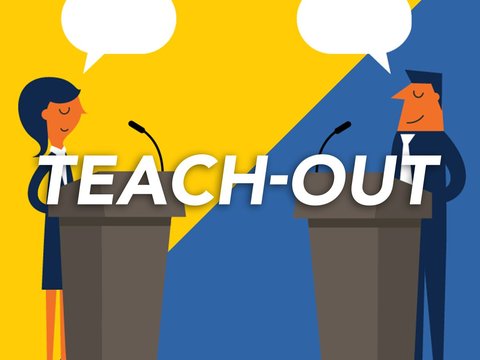Three Ways to Have More Effective Conversations
Amie M. Gordon draws on her research in close relationships to suggest three ways to have more effective conversations.
Excerpt From

Transcript
0:00 couples seeking divorce friendships 0:02 ending 0:03 children getting written out of the will 0:05 all over political differences 0:08 our country is experiencing high levels 0:10 of political polarization 0:12 at the same time the national levels of 0:14 empathy are declining 0:16 as a close relationships researcher when 0:18 i look around me i can't help but see 0:20 the parallels between what we have going 0:22 on in our country 0:23 and a long-term marriage gone sour we 0:27 have stopped listening thinking we 0:29 already know everything the other person 0:30 has to say 0:32 we assume the worst in each other rather 0:34 than the best 0:35 so where do we go from here i think we 0:37 all want to move forward into a kinder 0:39 better future the question is how do we 0:42 get there 0:43 to do that i think we need to have more 0:44 productive and constructive 0:46 conversations 0:48 so pulling from the relationships 0:49 literature i want to suggest three 0:51 things we can do to make that happen 0:53 so one of them is to give each other the 0:56 benefit of the doubt 0:58 assume the best in each other rather 1:00 than the worst 1:02 look for the reasons why someone might 1:04 be behaving the way they do 1:05 think about what's going on in their 1:07 lives what their experiences are 1:09 that leads me to number two which is to 1:12 seek understanding 1:13 rather than try to be understood often 1:16 when we talk with other people 1:17 particularly those that we don't agree 1:19 with 1:20 our goal is to try to get them to 1:21 understand our point of view we just 1:23 keep talking and talking 1:25 until we think that maybe finally now 1:28 they'll get it they'll understand us 1:30 but that's not working instead we need 1:32 to try to understand where they're 1:33 coming from 1:34 try to talk in order to get what they're 1:37 saying and what their point of view is 1:39 ask questions rather than keep making 1:41 statements 1:42 why do you think that what experiences 1:44 have you had that have led you to 1:46 believe that 1:47 where is this coming from and number 1:50 three 1:50 is to find common ground we 1:54 often now focus on our differences it's 1:56 really easy especially with those 1:57 closest to us to start glossing over the 1:59 ways that we're similar 2:01 are commonalities so taking a step back 2:04 and asking ourselves well what are our 2:06 shared beliefs and values 2:08 where do we find that we agree and begin 2:11 with that place 2:12 and build a foundation from our 2:13 agreement to help us 2:15 better understand the ways that we do 2:17 differ and why 2:19 because we can keep stewing in our own 2:20 contempt and resentment 2:23 and name calling or we can do what 2:25 relationships researchers would urge 2:27 and start having these more productive 2:29 and constructive conversations where we 2:31 actually listen to each other 2:32 because not listening at this point is 2:35 not getting us anywhere